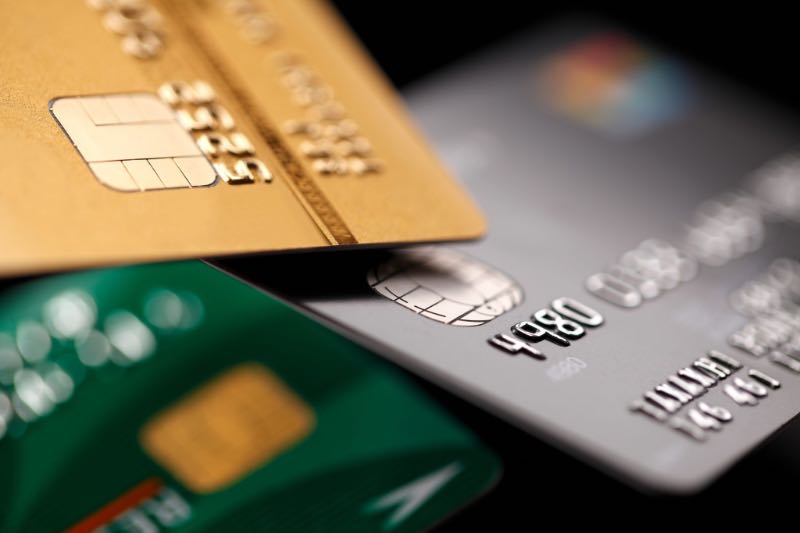Unsecured credit cards are a popular and versatile type of credit card that does not require an initial security deposit, making them an attractive option for individuals with good to excellent credit. Here’s everything you need to know about unsecured credit cards:
What Is an Unsecured Credit Card and How Does It Work?

An unsecured credit card is a traditional credit card issued by banks and credit agencies without the need for an upfront security deposit. Unlike secured credit cards, which require a deposit as collateral, unsecured credit cards rely solely on the borrower’s creditworthiness and financial history to determine eligibility.
Unsecured credit cards encompass a wide range of card types, including cash back cards, reward cards, travel cards, business credit cards, student credit cards, co-branded cards, and store credit cards. These cards provide borrowers with a predetermined credit limit, which represents the maximum amount they can charge on the card within a billing cycle.
Common Features of Unsecured Credit Cards:
Benefits:
- Many unsecured credit cards offer reward programs such as cashback, travel miles, points, and other incentives.
- These cards often provide higher credit limits compared to secured credit cards, making them suitable for a variety of spending needs.
- Cardholders may enjoy welcome bonuses, introductory 0% APR periods, shopping discounts, and travel benefits.
- The annual percentage rates (APR) on unsecured credit cards are typically lower than those charged on secured credit cards, which can save cardholders money on interest charges.
Drawbacks:
- Eligibility for most unsecured credit cards requires a good to excellent credit score, making them less accessible for individuals with poor credit.
- Many unsecured cards set relatively high income requirements, limiting access for a significant portion of the population.
- The best perks, interest rates, and benefits are usually reserved for applicants with excellent credit scores.
- Unsecured credit cards carry the risk of overspending and accumulating debt if users do not exercise financial discipline.
Difference Between Secured and Unsecured Credit Cards

The primary difference between secured and unsecured credit cards lies in the initial application process. Secured credit cards mandate an initial cash deposit as collateral, while unsecured credit cards do not require this deposit.
- Secured Credit Cards: Require a cash deposit, typically starting at $200, which serves as collateral and determines the card’s credit limit. These cards are accessible to individuals with limited credit history or past credit challenges.
- Unsecured Credit Cards: Do not require an initial security deposit but have stricter approval criteria based on creditworthiness. They are targeted at individuals with good to excellent credit scores and established credit histories.
Minimum Credit Score Requirement
The minimum credit score required for approval for an unsecured credit card can vary depending on the issuing bank and the specific card’s features. In general, unsecured credit cards are accessible to individuals with good credit scores, typically above 690 points. A higher credit score improves access to better rates and benefits.
Is an Unsecured Credit Card the Best Option for You?

Unsecured credit cards are often considered the preferred choice for individuals with good credit scores and financial stability. However, they may not be suitable for everyone, especially those with lower credit scores or income challenges.
If you have the financial means and a good credit score, applying for an unsecured credit card can provide access to a wide range of benefits and rewards. However, if your credit is less than ideal, consider alternative options, such as secured credit cards, prepaid cards, debit cards, or hybrid cards, to help you build or rebuild your credit.
Ultimately, the choice between secured and unsecured credit cards depends on your individual financial situation, credit score, and specific credit goals. Evaluate your needs and eligibility carefully before selecting the right credit card for you.
For more information on choosing the perfect credit card for your needs, explore additional articles to expand your financial knowledge and make informed decisions.








